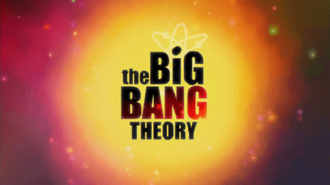Bring patience to your path. See each step as progress and move forward at your own pace.
—Calm App Reflection
Many people operate at a fast pace in almost everything they do these days.
How fast do you talk, walk, eat, and drive?
What are some of the benefits of moving in the fast lane?
What are the negative consequences of always being in a hurry?
For many of us, our pace is ingrained and set on auto pilot with only modest awareness.
How might a slower and more patient pace of living offer hidden benefits?
Where would a steady as she goes approach help you arrive more safely and sanely to your desired destinations?
EXERCISE:
Where in your life would a slow is smooth and smooth is fast approach make the biggest difference?
Where can and will you bring greater patience to your path beginning today?














